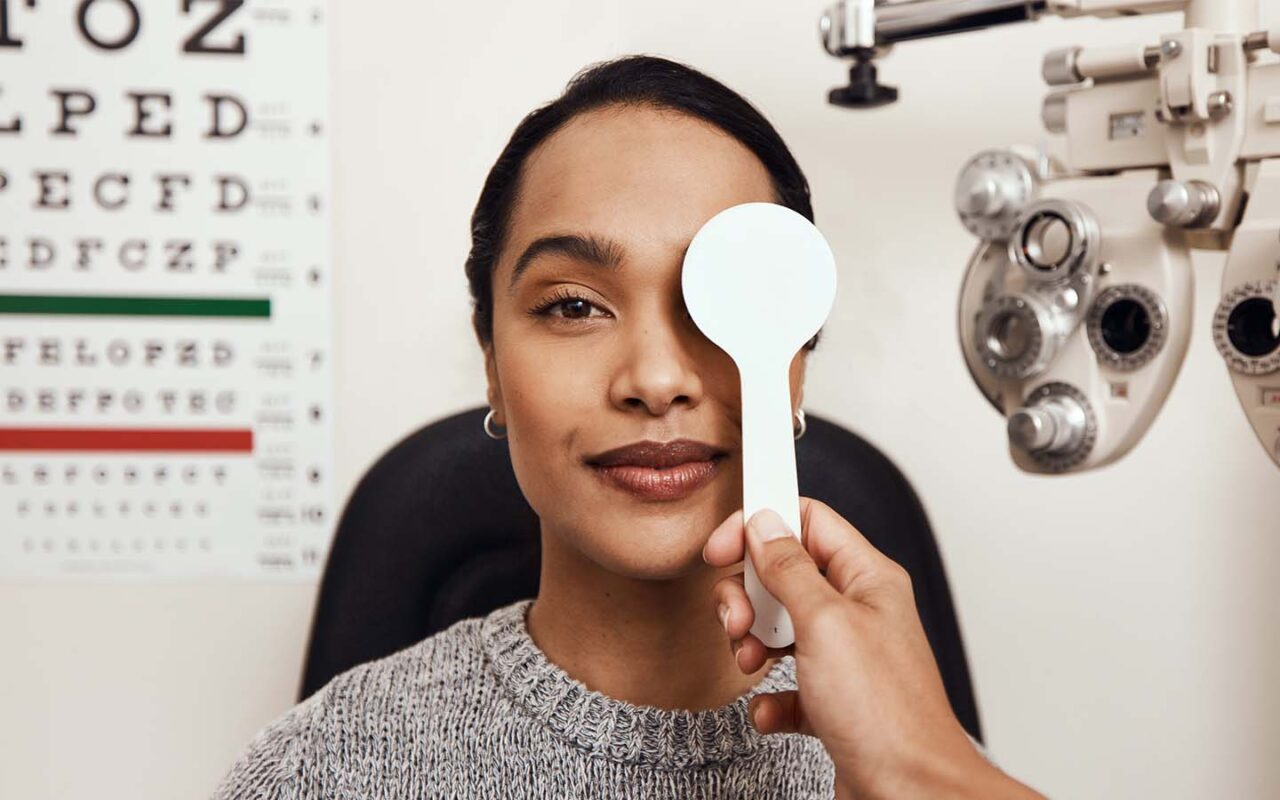All Categories
Featured
Table of Contents
Eye wellness is an essential component of overall health, and regular eye tests play an essential duty in preserving great vision throughout life. Each age group has details requirements and risks connected to eye wellness, making it important to follow customized suggestions for eye examinations. Right here's a thorough summary of just how often eye examinations should be set up for various age teams.
After the very first test, youngsters need to have a second eye exam around age 3, when they can better take part in testing and evaluation. If no vision issues are recognized, the next examination is advised before starting college, usually around age 5. Early detection of concerns can lead to timely intervention and support healthy visual advancement.
Parents must seek signs of vision issues, such as problem checking out the chalkboard, scrunching up your eyes, or complaining of headaches. It's crucial to schedule an eye exam immediately if any of these signs and symptoms arise. Children who get involved in sports might profit from yearly eye exams to make sure ideal visual performance and safety throughout tasks.
![]()
Young people typically experience digital eye strain as a result of extensive display time, leading to symptoms like dryness and discomfort. If you see these signs, seeking an eye examination is important. An eye treatment specialist can provide remedies, such as computer system glasses or way of life modifications, to relieve stress.
For people with wellness problems like diabetic issues or high blood pressure, more regular exams may be required. Normal monitoring is vital for very early discovery and administration of possible difficulties that can affect vision.
Seniors may likewise experience changes in their visual perception, such as difficulty seeing in low light or distinguishing colors. Normal eye exams permit prompt intervention and help preserve freedom and lifestyle.
Infants (0-2 Years)
Infants undertake significant aesthetic advancement in their very early years, making very early eye exams important. The American Academy of Pediatrics recommends that children have their first eye examination at concerning 6 months of age. This preliminary go to assists determine any prospective vision troubles, such as strabismus (crossed eyes) or genetic cataracts, which can influence advancement if not dealt with early.After the very first test, youngsters need to have a second eye exam around age 3, when they can better take part in testing and evaluation. If no vision issues are recognized, the next examination is advised before starting college, usually around age 5. Early detection of concerns can lead to timely intervention and support healthy visual advancement.
Children (3-18 Years)
For school-aged kids, normal eye tests are important for both scholastic success and basic well-being. Youngsters should have their eyes examined each to two years, depending on their specific demands. Schools frequently perform vision screenings, however these do not replace extensive eye examinations by an eye care specialist.Parents must seek signs of vision issues, such as problem checking out the chalkboard, scrunching up your eyes, or complaining of headaches. It's crucial to schedule an eye exam immediately if any of these signs and symptoms arise. Children who get involved in sports might profit from yearly eye exams to make sure ideal visual performance and safety throughout tasks.
Young Grownups (19-39 Years)
Throughout young the adult years, lots of individuals appreciate fairly stable vision, but that doesn't indicate eye care can be neglected. Young grownups ought to arrange extensive eye tests every 2 years. Those that use call lenses or have a family members history of eye condition must take into consideration annual examinations.
Young people typically experience digital eye strain as a result of extensive display time, leading to symptoms like dryness and discomfort. If you see these signs, seeking an eye examination is important. An eye treatment specialist can provide remedies, such as computer system glasses or way of life modifications, to relieve stress.
Grownups (40-64 Years)
As individuals enter their 40s, adjustments in vision can become extra noticeable, particularly presbyopia, a condition that makes it challenging to focus on close things. Grownups in this age group must arrange eye examinations every one to 2 years. This is additionally the age when many eye conditions, such as glaucoma and diabetic retinopathy, can start to establish.For people with wellness problems like diabetic issues or high blood pressure, more regular exams may be required. Normal monitoring is vital for very early discovery and administration of possible difficulties that can affect vision.
Seniors (65 Years and Older)
Senior citizens go to a boosted risk for various eye illness, consisting of cataracts, age-related macular degeneration, and glaucoma. It's suggested that people aged 65 and older have an eye examination at the very least once a year. Early detection of these problems is crucial, as numerous can be treated effectively if caught early.Seniors may likewise experience changes in their visual perception, such as difficulty seeing in low light or distinguishing colors. Normal eye exams permit prompt intervention and help preserve freedom and lifestyle.
Conclusion.
Focusing on eye care and regular check-ups makes sure that individuals can take pleasure in clear vision and a better high quality of life, making eye wellness an important aspect of long-lasting health. Routine consultations with an eye care professional will pave the way for much healthier eyes and a brighter future.Table of Contents
Latest Posts
Discovering Personalized Fence Options for Distinct Home Design
Published Nov 23, 24
0 min read
Transform Your Bathroom with Bath Fitter Accessories
Published Nov 23, 24
2 min read
Transform Your Bathroom with Bath Fitter’s Custom Bathtubs
Published Nov 23, 24
2 min read
More
Latest Posts
Discovering Personalized Fence Options for Distinct Home Design
Published Nov 23, 24
0 min read
Transform Your Bathroom with Bath Fitter Accessories
Published Nov 23, 24
2 min read
Transform Your Bathroom with Bath Fitter’s Custom Bathtubs
Published Nov 23, 24
2 min read